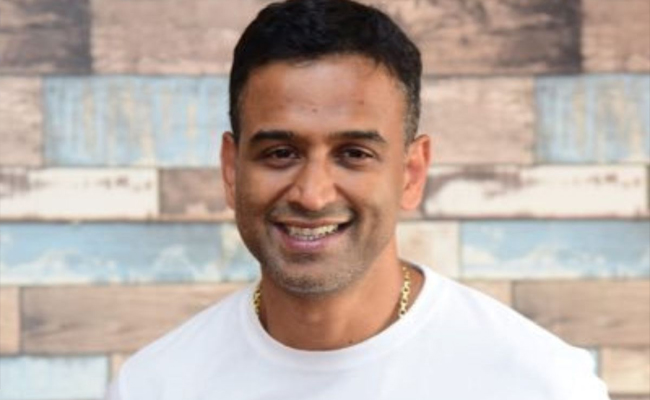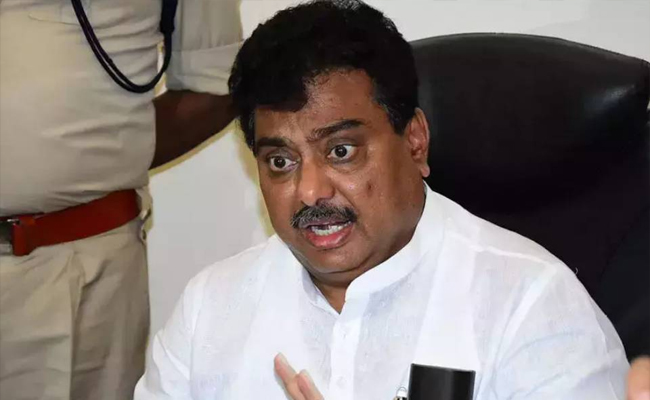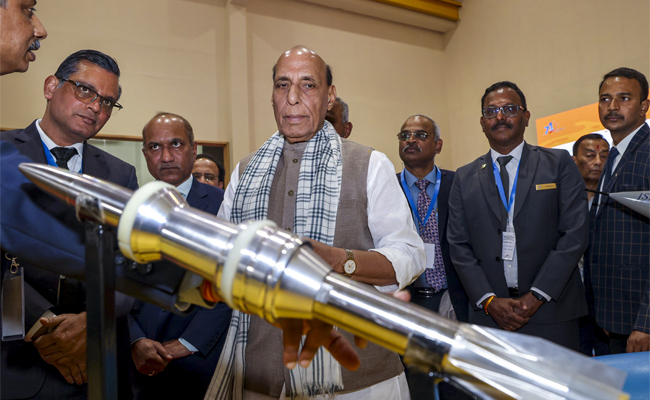India is grappling with one of the highest rates of medical inflation in Asia, standing at 14%, coupled with a burden on individuals who pay for their own healthcare. A staggering 71% of Indian workers cover their healthcare costs out of pocket, a figure that is alarmingly high compared to global standards. According to 2021 data, India ranks 28th globally for out-of-pocket health expenditure, surpassing even many low-GDP African nations.
Nithin Kamath, co-founder of Zerodha, has underscored the critical need for Indians to secure comprehensive health insurance. In a post on X, Kamath warned that the majority of Indians are "one hospitalization away from bankruptcy," highlighting the financial vulnerability of those without adequate health coverage.
Kamath advised that to avoid financial distress during medical emergencies, Indians should opt for insurers with a proven track record of at least five to ten years, and a favorable claim settlement ratio of around 80-90%. "A good health insurance plan is mandatory," Kamath emphasized.
Reflecting on his personal experience, Kamath, who suffered a stroke in February of this year due to factors such as lack of sleep, overwork, fatigue, and the loss of his father, stressed the importance of selecting an insurer with an incurred claim ratio between 55-75% and a network of 5,000–8,000 hospitals.
Kamath also recommended avoiding health insurance policies with room-rent restrictions and disease-specific sub-limits, as these can lead to substantial out-of-pocket expenses. He advised choosing plans with minimal waiting periods for pre-existing conditions, restoration benefits, and coverage for daycare treatments, along with pre- and post-hospitalization care. Additional features to consider include domiciliary care (at-home care), free annual health checkups, loyalty bonuses, wellness discounts, and coverage for alternative medicine.
The challenges of healthcare costs in India were further highlighted in a report by Insurtech company Plum titled "Health Report of Corporate India 2023." The report revealed that only 15% of workers received health insurance support from their employers, leaving the majority to shoulder the burden of their healthcare expenses.
Compounding the issue are difficulties in getting insurance claims approved. A survey by Local Circles, which included 39,000 participants across 302 districts, found that 43% of respondents faced challenges in having their claims authorized. The reasons cited included inadequate disclosure of policy limitations, confusion caused by technical jargon, and denials due to pre-existing conditions.
Let the Truth be known. If you read VB and like VB, please be a VB Supporter and Help us deliver the Truth to one and all.
New Delhi: A visit by the US Ambassador to India, Sergio Gor, to Chandigarh on Monday has triggered sharp criticism from opposition leaders and social media users, raising questions about national security and foreign policy.
On X, Ambassador Gor announced his visit, writing, “Just landed in Chandigarh. Looking forward to visiting the Western Command of the Indian Army.”
Just landed in Chandigarh. Looking forward to visiting the Western Command of the Indian Army
— Ambassador Sergio Gor (@USAmbIndia) February 16, 2026
Soon after, opposition voices questioned the broader implications of the visit. Congress Kerala, in a post, commented, “Why so much panic? We’ve already seen Pakistan's ISI getting access to Pathankot Airbase with this government's blessings. Didn't they say then ‘Modi ne kiya ho to kuch soch samajh kar kiya hoga?’ Compared to that, this is very small.”
Why so much panic? We’ve already seen Pakistan's ISI getting access to Pathankot Airbase with this government's blessings.
— Congress Kerala (@INCKerala) February 16, 2026
Didn't they say then "Modi ne kiya ho to kuch soch samajh kar kiya hoga?"
Compared to that, this is very small. pic.twitter.com/gNNuAGQBPC
Shiv Sena (UBT) leader Priyanka Chaturvedi also weighed in, writing, “Since India’s national strategic interests are now tied to what US wants India to do, this visit seems to sync with that.”
She further added, “India’s history will remember the de-escalation announcement between India and Pak was announced on social media by the US President before Indians got to know from their own government. US Ambassador is doing the job for his nation, who is doing for us? The answer is blowing in the wind.”
Since India’s national strategic interests are now tied to what US wants India to do, this visit seems to sync with that. India’s history will remember the de-escalation announcement between India and Pak was announced on social media by the US President before Indians got to… pic.twitter.com/rYMq5NhJHA
— Priyanka Chaturvedi🇮🇳 (@priyankac19) February 16, 2026
The visit comes against the backdrop of the growing US-India defence partnership.
Writer and political analyst @rajuparulekar commented on ‘X’, “East India Company is back!”
“Is it allowed for an ambassador to visit any army unit in india?” asked another user.
Several X users expressed concerns over the appropriateness of the visit.
One asked, “Is it allowed for an ambassador to visit any army unit in India?” Another wrote, “Why an ambassador visiting our army places? To talk to Chandigarh lobby for F-35?”
Why an ambassador visiting our army places ? To talk to chandigarh lobby for f-35 ??
— Rohan Sagar (@RohanSagar03) February 16, 2026
“We have completely sold Indian sovereignty. Rothschild the evil Bankers will now control NSE. Modi sold Bharat Mata to Trump . And now American imperialist is visiting our army command . Scary,” wrote another user.
“The Indian Army isn’t part of geopolitics, so why is he interested in visiting there?,” opined another.
The Indian Army isn’t part of geopolitics, so why is he interested in visiting there?
— Aditya Pratap Singh (@Adi_IIMCIAN) February 16, 2026
On Sunday, Gor welcomed Admiral Samuel Paparo, Commander of the United States Indo-Pacific Command (INDOPACOM), highlighting efforts to expand the growing US-India defence partnership.
In a post on X, Gor wrote, “Delighted to have @INDOPACOM Commander Admiral Samuel Paparo in India to expand the U.S.-India defense partnership. Now is the time to strengthen vital cooperation between our two nations.”
On Monday, Admiral Samuel J. Paparo Jr visited the headquarters of India’s Western Army Command along with the American envoy Sergio Gor. The delegation was briefed on the formation’s capabilities, its past operations, and future plans.
The American delegation also visited Bengaluru, where they met three start-ups, two in the space sector and one in defence, and participated in an Indo-US conference.





